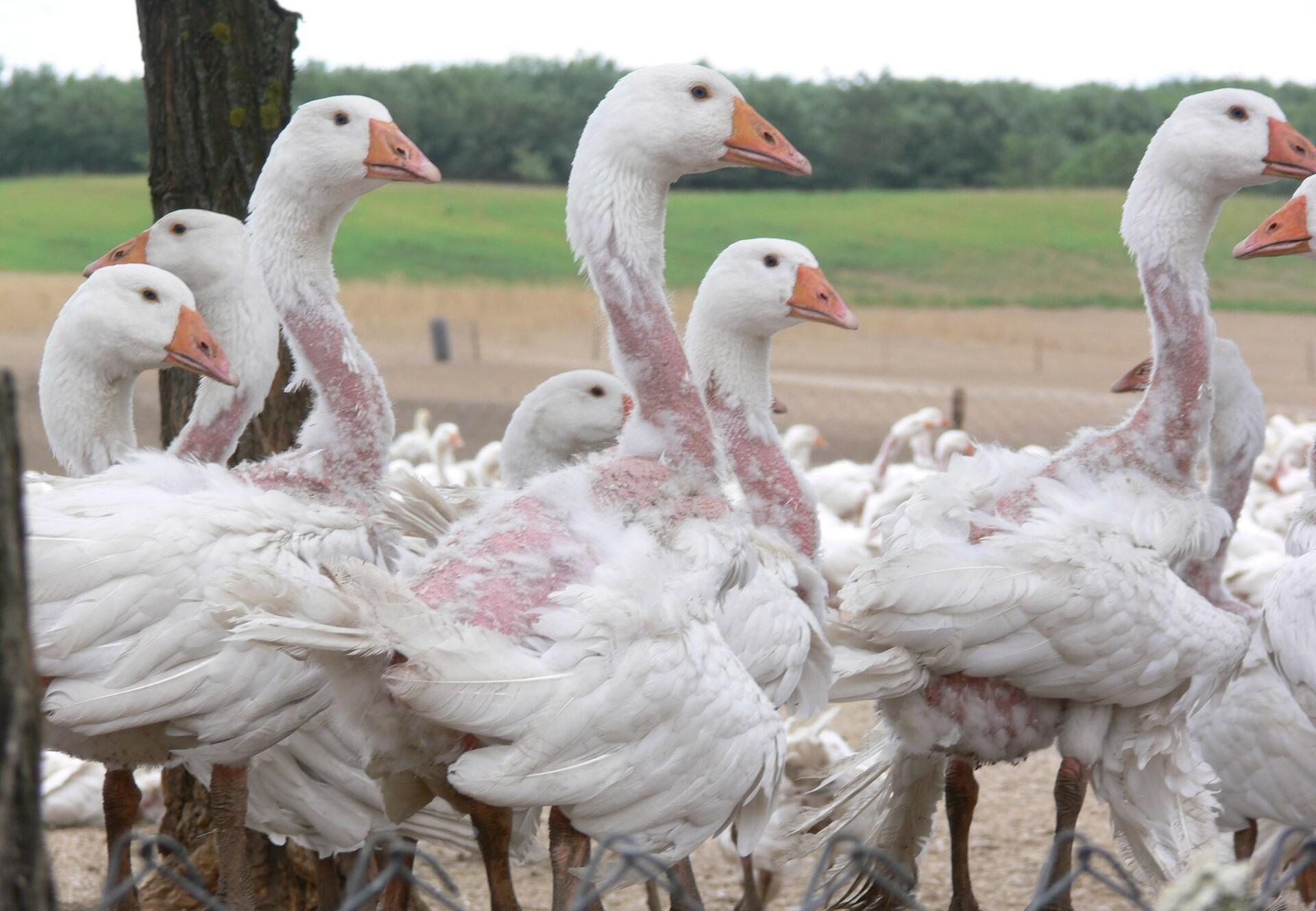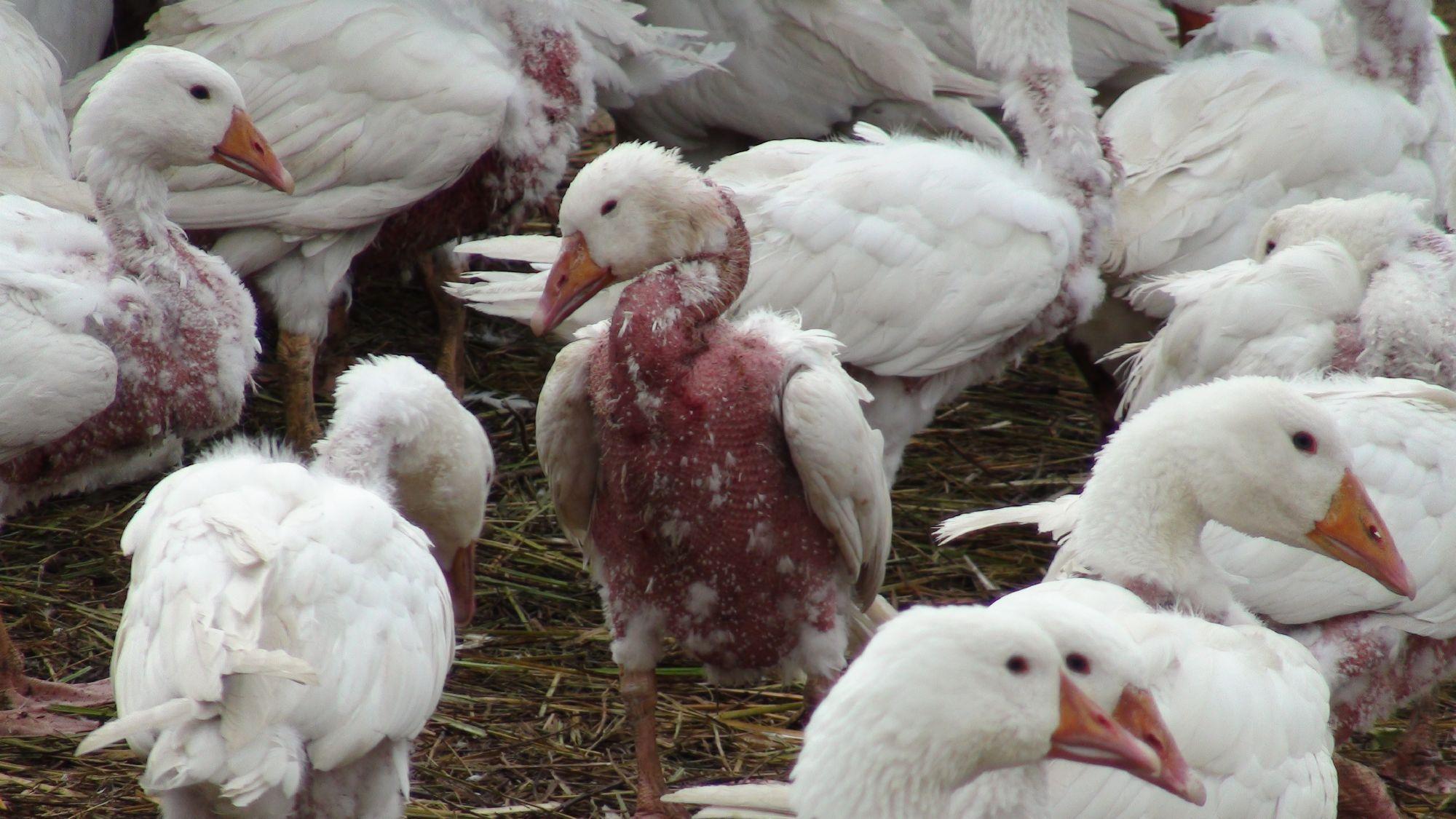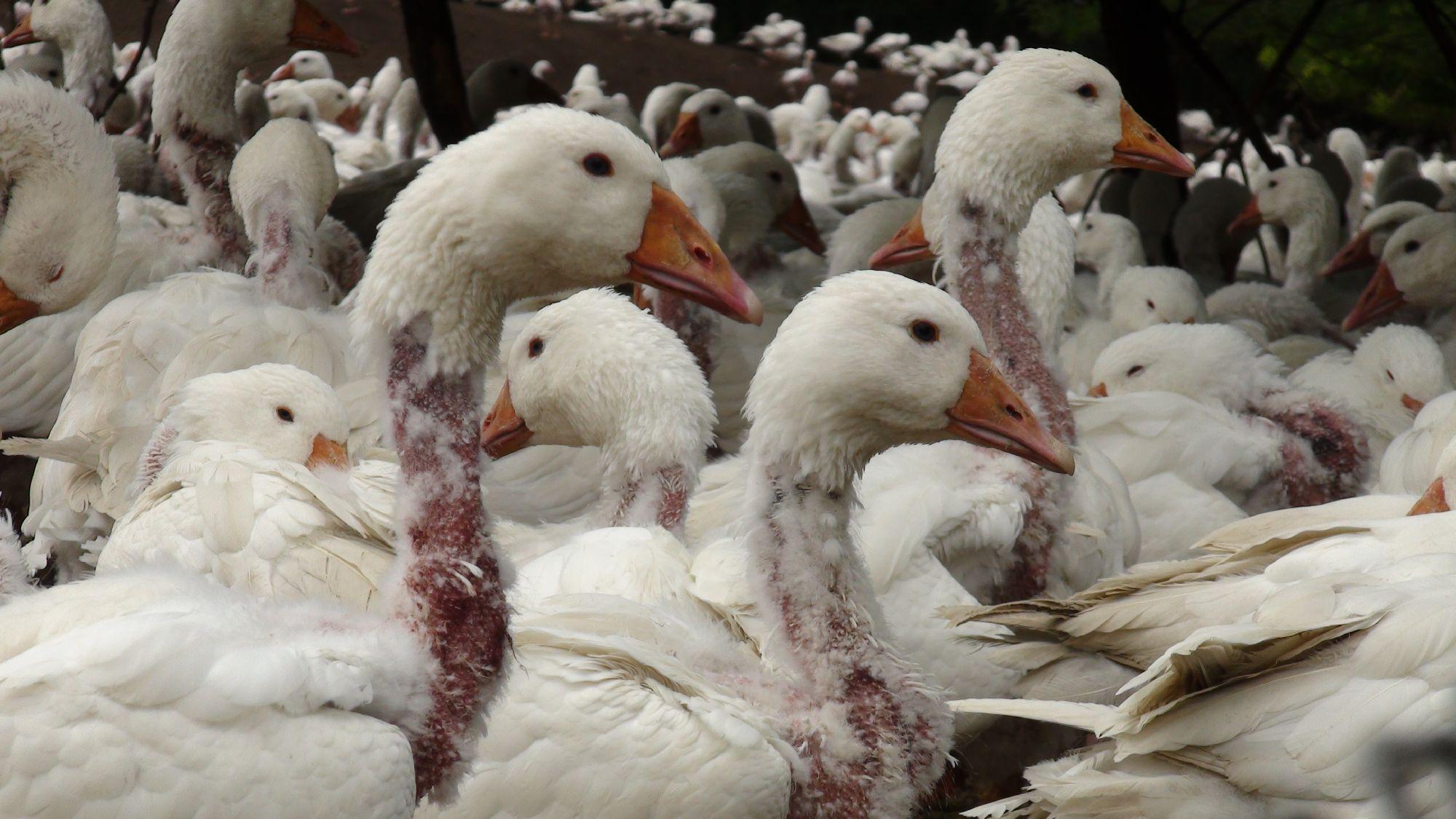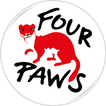
What Are Down Feathers and Why Do We Use Them?
What happens behind the scenes for down
Down is a widely used material in the textile industry. The term refers to the soft layer of fine, small feathers closet to a bird’s body. Down feathers help insulate against heat loss and add buoyancy in the water for aquatic birds like geese and ducks.
Often used as a thermal insulator, down’s lightness and heat trapping ability makes it a desirable material to use in products such as coats, bedding (duvets, comforters, and blankets), pillows, and sleeping bags. The largest producer of down is China, accounting for around 80% of global production.
Producers and suppliers of down will say that it is a natural material, a by-product sourced from geese and ducks after they are slaughtered for meat production. However, this is not always the case.

What’s the Problem With Down Feathers?
Every year, millions of geese and ducks suffer brutal treatment to supply down feathers for clothing and bedding. They often endure “live plucking”, where the feathers closest to their skin are painfully torn out, resulting in bleeding and tearing of the skin that causes immense pain and suffering for the birds.
Due to the painful plucking, the animals are often injured, with open wounds occurring whilst broken wings are often a consequence of rough handling. Wounds are then stitched without using anything to dull or numb the pain. Unsurprisingly, birds show signs of fear and distress after being plucked.

What About Foie Gras?
Foie gras is made from the liver of geese or ducks, where the farming process involves force-feeding the birds with tubes to “fatten” them up quickly. This intentional torture is extreme, just to produce this “luxury” product.
During force-feeding, a metal pipe is rammed into the esophagus three times a day. A mixture of corn and pure fat is administered through this pipe, intended to cause rapid weight gain and the abnormal growth of the liver. The liver is unable to process these large amounts of fat and swells up to 10 times its normal size.
The brutal manner of force-feeding through metal tubes leads to serious injury of the esophagus, often causing wounds and puncture holes. This is particularly evident when the animals are left panting after the administration of their feed mixture.
The symptoms suffered by the geese or ducks include thermal (heat) stress, shortness of breath, and the formation of a pathogenic fatty liver. By the end of their lives, the fat content of the liver is more than 50%. Due to their enormous body mass, most geese and ducks can barely walk and spend most of their time sitting.
Down subsidizes the cruel foie gras industry, as feathers of the geese and ducks are often sold before the birds are slaughtered. This means they endure double the suffering in their short lives.
What Can I Do to Help Stop This Cruelty?
Never buy foie gras and seek animal-free clothing products. There are several sustainable alternatives to down that are widely available, including:
- Lyocell – made from wood pulp, biodegradable
- Silicone – made from silica, found in sand
- Recycled polyester – made from recycled content, derived from 100% PET water bottles
Alternatively, if you are set on purchasing a product made of down, you should shop with care. Look for brands that can guarantee that the down supplied in their products was fully controlled and audited under the strictest animal welfare and traceability standards available, such as the Responsible Down Standard (RDS) and the Global Traceable Down Standard (TDS).
While certifications such as these can provide some assurance, there are still so many cozy animal-free alternatives available today, it’s never been easier to shop cruelty-free!
As long as geese and ducks are raised for meat and their down is used, FOUR PAWS will push to ensure that they have a life free of pain and suffering and a life where their essential needs are met.
This is why FOUR PAWS calls on all brands and suppliers to trace their full down supply chain in order to provide the highest possible guarantees that the cruel practices of live-plucking and force-feeding are truly avoided.
We Need More Compassion in Fashion
Millions of animals are suffering in the name of fashion. Every item we purchase gives us the opportunity to express our values and speak up for animals in need.
Together, we can drive an animal-friendly fashion future. It's time to #WearitKind!

